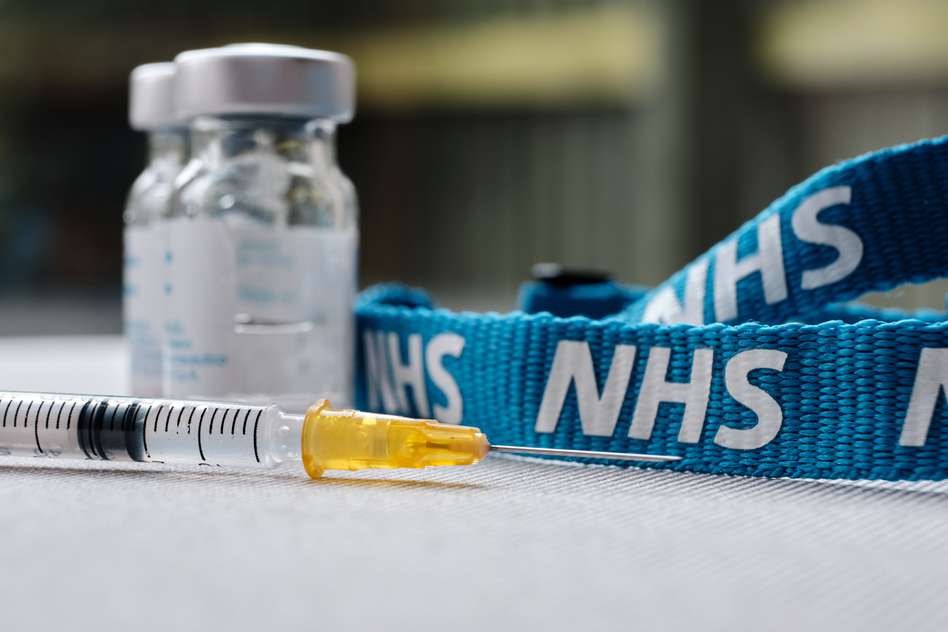medical negligence
NHS Litigation Reform: Tees Law submits evidence

In September 2021 the Government’s Health & Social Care Committee launched a new inquiry to examine the case for the reform of NHS litigation.
Our Tier 1 Medical Negligence team represents patients who have suffered avoidable harm as a result of medical accidents. The team, led by Executive Partner Janine Collier, has extensive lived experience of NHS Litigation and is passionate about improving patient safety and giving clients a voice.
Janine and her team have put forward their evidence to the inquiry as they have significant concerns and wish to ensure that patients who have suffered avoidable harm whilst under the care of the NHS are appropriately represented, their voices heard and that access to justice is not compromised.
A need to focus on culture, not costs
The NHS is the largest employer in the UK and one of the largest employers in the world. The cost of NHS litigation must be seen in this context.
Over the past four years, total payments and administration costs under NHS Resolution clinical schemes have remained steady at between roughly 1.5% and 1.6% of the total NHS budget. This is a very low percentage compared to other organisations, where indemnity costs range from 1% to 15%, with almost all over 2%.
The main way to reduce cost – both human and financial - is to reduce avoidable harm.
There is evidence of a “defensive culture”, “dysfunctional teams” and “safety lessons not learned” across the NHS and until this is addressed, lessons will not be learned, change will not be implemented, errors will continue to be not just made, but repeated. The H&SC Committee’s own report into Maternity Safety published in July identifies a culture of blame within NHS Trusts.
Our medical negligence team’s view is that it is morally unacceptable to look to introduce any kind of legal reform which impedes access to justice or appropriate compensation for those who have been injured at the hands of the NHS through no fault of their own. This includes, but is not limited to, a possible introduction of fixed recoverable costs, which would have a disproportionate effect on the most vulnerable in our society.